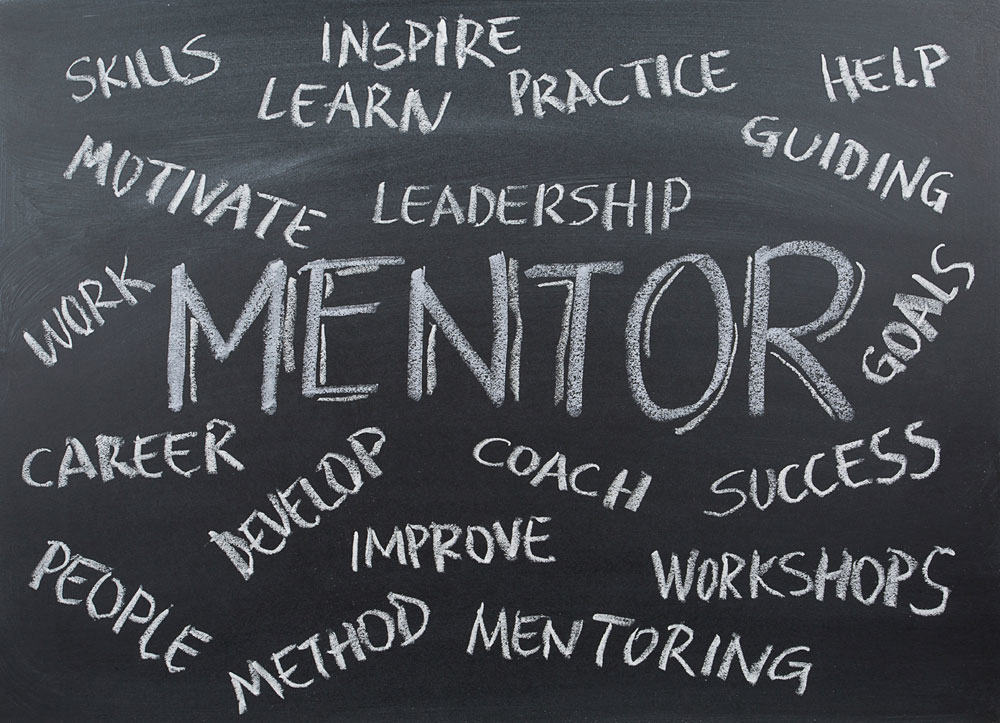
Ben Williams: Michael, how do you define mentorship in the context of career development?
Michael Shvartsman: Mentorship, to me, is a relationship where an experienced individual provides guidance, advice, and support to someone who is looking to develop their skills and navigate their career path. It’s about sharing knowledge and experiences to help the mentee make informed decisions, build confidence, and achieve their professional goals.
Ben Williams: In your experience, how does mentorship contribute to an individual’s professional growth?
Michael Shvartsman: Mentorship plays a significant role in professional growth by providing insights that aren’t always accessible through formal education or training. A mentor can offer practical advice on how to handle specific challenges, share lessons learned from their own career journey, and help mentees avoid common pitfalls. This guidance can accelerate a mentee’s development by helping them make better decisions and grow both personally and professionally.
Ben Williams: Can you share an example of how mentorship has impacted your own career?
Michael Shvartsman: Certainly. Early in my career, I was fortunate to have a mentor who was instrumental in helping me navigate the complexities of the business world. This person provided me with practical advice on decision-making and leadership and encouraged me to think critically about my long-term goals. That mentorship experience shaped my approach to business and leadership, and it’s something I’ve carried with me throughout my career.
Ben Williams: What qualities do you think are important in a mentor?
Michael Shvartsman: A good mentor should be approachable, patient, and willing to listen. They need to have a genuine interest in the mentee’s growth and be willing to invest time in their development. Additionally, it’s important for a mentor to be honest and direct, offering constructive feedback that can help the mentee improve. Lastly, a mentor should be a role model—someone whose values and work ethic can inspire the mentee.
Ben Williams: How can someone seeking mentorship identify the right mentor for them?
Michael Shvartsman: Finding the right mentor involves looking for someone whose experience and values align with your own career aspirations. It’s important to seek out individuals who have achieved success in areas you’re interested in and who you respect as professionals. Building a connection is also key—mentorship works best when there’s mutual trust and respect. Don’t be afraid to approach potential mentors and ask for their guidance; many experienced professionals are willing to share their knowledge if they see genuine enthusiasm and commitment.
Ben Williams: What advice would you give to professionals who are already established in their careers but want to become mentors?
Michael Shvartsman: For those who are considering becoming mentors, my advice is to approach it with an open mind and a willingness to give back. Mentoring can be incredibly rewarding, as it allows you to pass on your knowledge and experience to the next generation of leaders. Be patient and remember that every mentee is different—what works for one person might not work for another. It’s important to be adaptable and to listen carefully to your mentee’s needs and goals. Ultimately, mentorship is a two-way street; you may find that you learn as much from your mentee as they do from you.
Ben Williams: In your opinion, how can organizations foster a culture of mentorship?
Michael Shvartsman: Organizations can encourage mentorship by creating structured programs that connect mentors with mentees, providing training for both parties, and recognizing the contributions of mentors. It’s also important for leadership to model the value of mentorship by participating themselves. A culture that values mentorship can lead to stronger, more cohesive teams and help employees at all levels feel supported in their professional growth.
Ben Williams: Lastly, what would you say to someone who is hesitant to seek out a mentor?
Michael Shvartsman: I would encourage them to take the step and reach out. Mentorship is an invaluable resource that can help you gain new perspectives, develop your skills, and advance your career. It’s normal to feel hesitant, especially if you’re concerned about taking up someone’s time, but most mentors are eager to help and find fulfillment in guiding others. Remember, mentorship is a partnership that benefits both the mentor and the mentee, so don’t be afraid to seek out that connection

